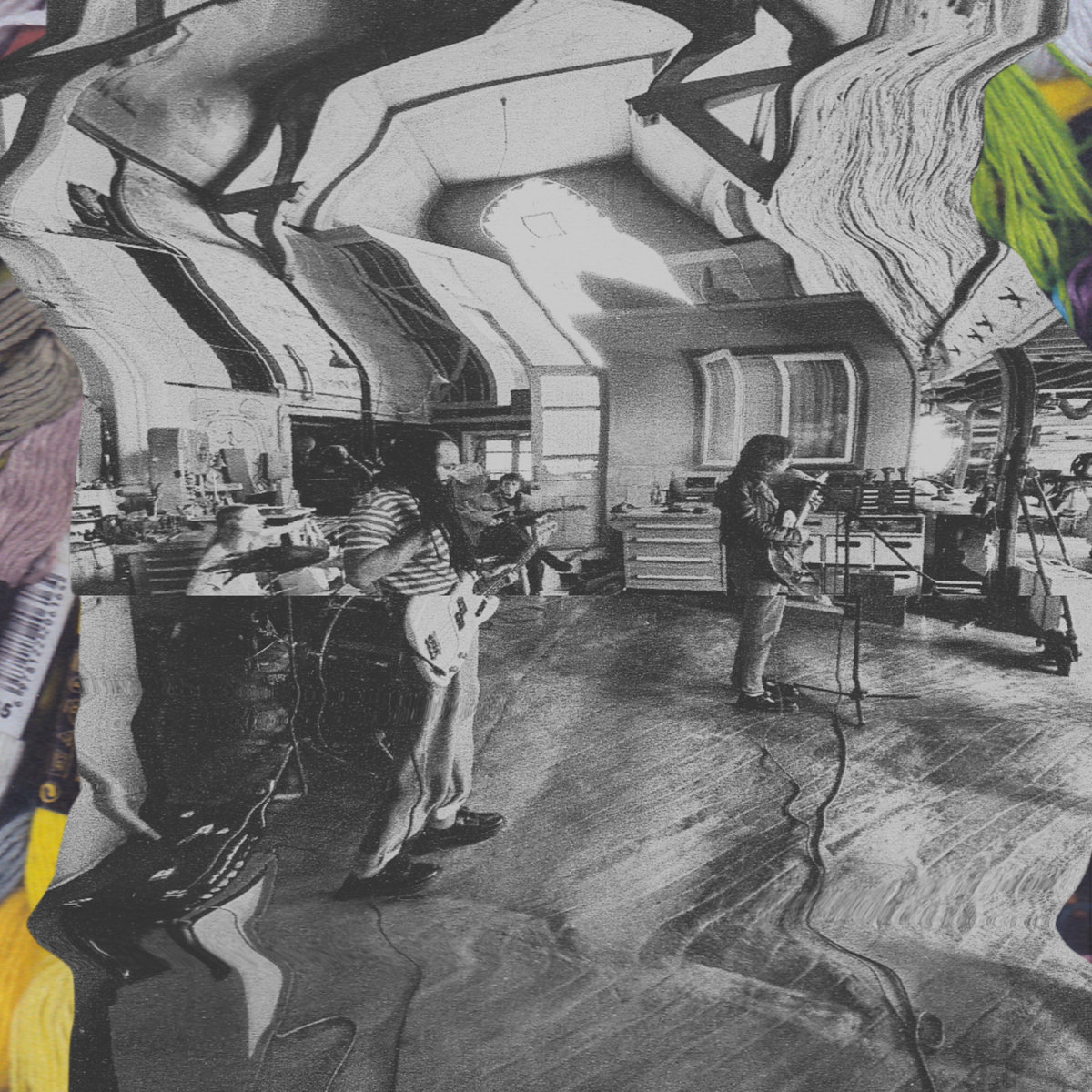Peach Rings – i’ll look out for you | Album Review
/Self-released
When I first started transing my gender way back in 2020, whenever I felt myself spiraling out about where my life was at, my therapist would always remind me that trans people are starting over. No matter what age you are, the act of transitioning always puts you back at square one, and, consequently, resets many aspects of your life, whether you’re expecting it to or not. At the age of 25, while I was constantly seeing my peers post about their engagements, their babies, their new homes, their successful careers, I was picking up the pieces of my almost decade-long relationship imploding on me and trying to figure out what this development meant for my life going forward.
Romantic relationships are complicated enough as is, but when you throw in the chaotic tightrope walk of transitioning, it's almost impossible not to see every relationship in your life in relation to your gender. Not to mention how the world generally views trans people. The realization that I was a woman ending the most important relationship of my life five years ago still haunts me to this day. It permeates every new relationship, romantic or otherwise. Not every aspect of our lives has to circle back to our gender identities, and even as I write this, I question why I feel the need to relate the opening of this review so heavily to it, but it’s always there.
The debut album from North Carolina power-pop-punk band Peach Rings is a gorgeous, painful, and stirring collection of relationship vignettes penned over the course of several years and relayed via a heavy dose of pop culture references. Whether it’s an audio sample from Kingdom Hearts, multiple Twin Peaks references, or musical allusions to the alternative punk bands that I’ve grown to love over the past two decades, i’ll look out for you scratches a particular itch for me across each one of its twelve eclectic tracks. At this point, I don’t know why I’m always so surprised when music made by trans people my age feels so damn meant for me. As someone who is a walking reflection of all the media she consumes, particularly the media of her formative years in the early-to-mid aughts, I adore these kinds of albums that are unashamed to pay homage to the movies, television, video games, and music of their youth. Peach Rings puts their love for their faves on full display with this album, and I revel in it.
i’ll look out for you has a tightness and thoughtfulness to it that can only be explained by the personnel of the album. Ramona Barton is the brainchild behind the project, but seeing Kayleigh Malloy (AKA Kmoy, the mastermind behind The Precure Album) and Beth Rivera of Tape Girl on the album credits just made so much sense after my first listen of the album. If you want to create a stellar electronic punk record chock-full of clever references and impressively technical musicianship, this is the trio you want behind your project. What’s more, Jake Scarlett (of Those Dogs) and their emo sensibilities only serves to perfect that secret sauce. Despite the way this album was stitched together across multiple points in Ramona Barton’s life, there is a sonic fluidity to this album that is so damn satisfying with subsequent listens. Three tracks in, the “heart-shaped craters” theme (a choice that endearingly feels like a Scott Pilgrim reference) really sets up what a kickass album this is, and the decision to bring that same theme back in the final moments of the album is absolute poetry.
As a moody trans woman who has had love consistently kick her heart in the ass, i’ll look out for you hits particularly hard right now, but couldn’t be hitting at a better time. I think one of the most beautiful things about the creation and dissemination of music, particularly in the realm of DIY, is the community of it. With this debut Peach Rings album, there is plenty for me to connect to, and the final result is something I never feel alone listening to. It’s comforting in sort of an odd way to know that even when you’re in a dark place, when the lyrical material is melancholic and crushing and maybe too close to home, it's ultimately being penned by another human being who understands what you’re feeling. For instance, when I listen to the track “melcome to woes,” my ears are drawn to the comforting notes of an ocarina in the melody as well as the way the track concludes with an eerily familiar sound like I’m crossing a beam of light at the end of a Zelda boss room. The “Koji Kondo-ness” of it all, if you will, creates this kinship to the person behind these artistic decisions beyond just the emotional or the nostalgic.
There’s something to love at every point in this album, but the latter portion especially sings for me. The stretch from “back to whomps” through the final track carries a cohesion not only in its musicality, but also in its themes of longing, lost love, and second-guessing failed relationships. These are all points I feel intimately versed in, so those last few tracks on the record are a combination of rippers I could play endlessly while also feeling like a gut-punch. “back to whomps” in particular combines the band’s electronic sensibilities with its emo-punk angst that my Motion City Soundtrack-loving ass can’t get enough of. “nauseousgirl” brings things back to the heavy, punk structures akin to Rosenstock, but also smooths things out a la Weezer. The twinkly moodiness of “melcome to woes” rounds out the emotional weight of the album before launching headlong into the 10-minute-long finale, “heart-shaped leaf,” complete with a midway structure break in the form of a Twin Peaks audio line that exemplifies exactly why this is not the kind of album you hear every day.
“I'm carving out craters for the ones I love and reclaiming all the words you made me lose, ‘cause none of them were true.”
Peach Rings undeniably hits the ground running with their first full-length record. They command a solid understanding of their power pop and punk rock influences, confidently interweaving their various passions and personal obsessions into every square inch of i’ll look out for you. It’s evident that this album took a minute to cook, and it definitely paid off. It’s refreshing to listen to a collection of songs this intentional in its structure while having a complete blast the whole way down. It never takes itself too seriously whenever it has the chance to, and that’s such a strong aspect of why it works. When it comes to heartbreak and heartache, it's important not to let it consume you. Find ways to still remember who you are while having that confidence in yourself to commit to your identity and the things that ground you in yourself – an especially important reminder when you’re trans. In a way, I can’t help but feel as though Ramona and Peach Rings are looking out for me too.
Ciara Rhiannon (she/her) is a pathological music lover writing out of a nebulous location somewhere in the Pacific Northwest within close proximity of her two cats. She consistently appears on most socials as @rhiannon_comma, and you can read more of her musical musings over at rhiannoncomma.substack.com.










